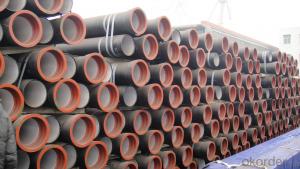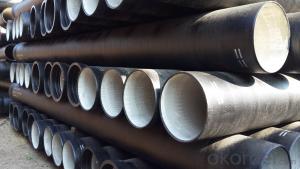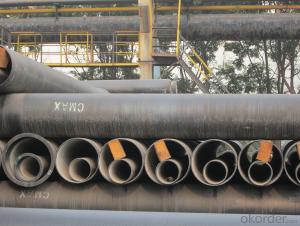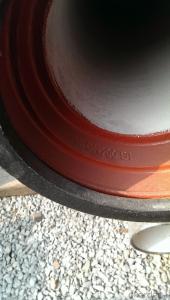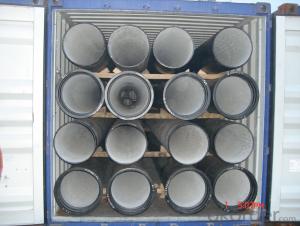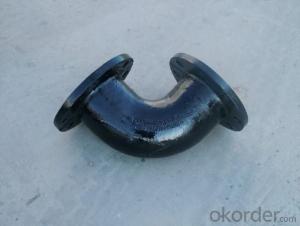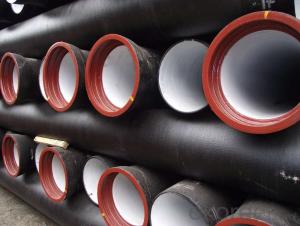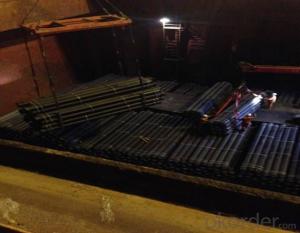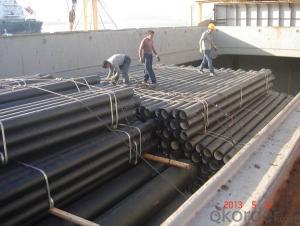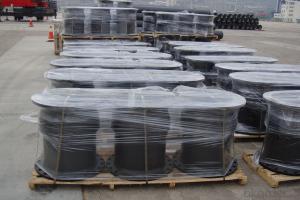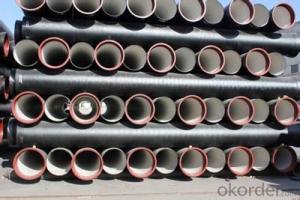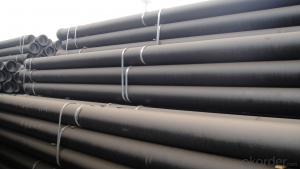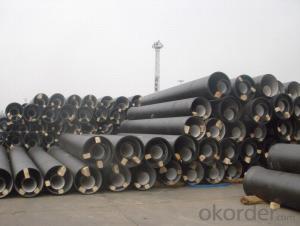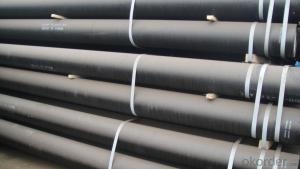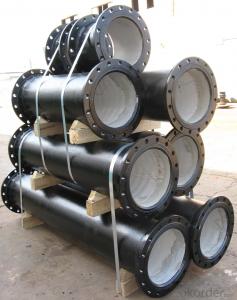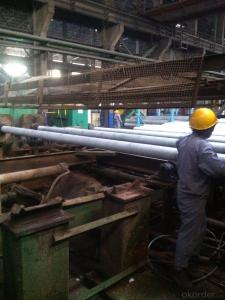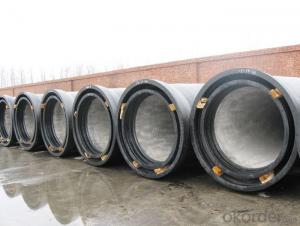All Categories
- - Steel Wire Rod
- - Steel Coils
- - Steel Profiles
- - Steel Pipes
- - Stainless Steel
- - Tinplate
- - Special Steel
- - Steel Sheets
- - Steel Rebars
- - Steel Strips
- - Hot Rolled Steel
- - Cold Rolled Steel
- - Pre-painted Steel
- - Seamless Steel Pipe
- - Welded Steel Pipe
- - Hollow Steel Tubes
- - Galvanized Pipe
- - Stainless Steel Coil
- - Stainless Steel Sheet
- - Stainless Steel Plate
- - Stainless Steel Strips
- - Electrolytic Tinplate Coil
- - Electrolytic Tinplate Sheet
- - Stainless Steel Rebars
- - Solar Panels
- - Solar Water Heater
- - Solar Related Products
- - Solar Inverter
- - Solar Cells
- - Solar Light
- - Solar Energy Systems
- - Solar Controllers
- - Solar Mounting System
- - Solar Pump
- - Solar Chargers
- - Fiberglass Chopped Strand
- - Fiberglass Mesh Cloth
- - Composite Pipes
- - FRP Pultrusion Profiles
- - Fiberglass Mat Tissue
- - Fiberglass Fabrics
- - Fiberglass Mesh
- - Composite Tank
- - Fiberglass Mesh tape
- - Polymer
- - FRP Roofing Panel
- - Fiberglass Roving
- - Monolithic Refractories
- - Ceramic Fiber Products
- - Refractory Bricks
- - Raw Materials For Refractory
- - Suspended Platform
- - Cranes
- - Concrete Machinery
- - Earthmoving Machinery
- - Building Hoist
- - Road Building Machinery
- - Plastic Pipe Fittings
- - Plastic Tubes
- - Plastic Sheets
- - Agricultural Plastic Products
- - Plastic Nets
 All Categories
All Categories
Q & A
What is the expected service life of ductile iron pipes in aggressive soil conditions?
The expected service life of ductile iron pipes in aggressive soil conditions can vary depending on various factors such as the specific soil properties, pH levels, presence of corrosive substances, and the protective measures implemented. However, generally speaking, ductile iron pipes have a life expectancy of 50 to 100 years in aggressive soil conditions when properly designed, installed, and maintained. Regular inspections, corrosion protection methods, and timely repairs or replacements can significantly extend their service life.
What are the different options for joint restraints with ductile iron pipe?
There are several options for joint restraints with ductile iron pipe, including mechanical joint restraints, restrained joint gaskets, and thrust blocks. Mechanical joint restraints typically consist of a combination of bolts, nuts, and harnesses that secure the pipe joints. Restrained joint gaskets are designed to provide a secure seal and prevent joint separation. Thrust blocks, on the other hand, are concrete structures that resist the forces generated by fluid pressure within the pipe. These different options provide varying levels of joint restraint, depending on the specific needs and requirements of the project.
What is the difference between cement-mortar lined and polyethylene-lined ductile iron pipes?
Cement-mortar lined ductile iron pipes have a protective coating of cement-mortar on the inner surface, which provides excellent corrosion resistance and durability. On the other hand, polyethylene-lined ductile iron pipes have a polyethylene lining that acts as a barrier against corrosion and chemical degradation. This lining offers superior resistance to aggressive substances, making it suitable for transporting corrosive fluids. Overall, the main difference lies in the type of lining material used and their specific properties and advantages.
Are ductile iron pipes suitable for use in power plants?
Yes, ductile iron pipes are suitable for use in power plants. Ductile iron pipes are known for their durability, strength, and corrosion resistance, making them ideal for handling and transporting various fluids and gases within power plants. Additionally, their ability to withstand high temperatures and pressures makes them well-suited for the demanding conditions often found in power generation facilities.
Wholesale Ductile Iron Pipes from supplier in Romania
With our expertise in supplying Ductile Iron Pipes to Romania, we can ensure that your projects in the country are supported by high-quality products and excellent service. Our team is dedicated to providing you with sales support, quotations, and technical assistance to meet your specific requirements. As a subsidiary platform of CNBM, a Fortune Global 500 company, we have the resources and capabilities to offer a seamless procurement experience for Ductile Iron Pipes in Romania.
Romania itself is a captivating destination with a rich history and stunning landscapes. From the famous region of Transylvania, known for its medieval charm and legendary Dracula stories, to the breathtaking Carpathian Mountains, Romania offers a diverse range of attractions. The historic cities of Bucharest and Brasov are filled with architectural wonders and cultural treasures, while the Danube Delta provides a unique opportunity to explore the natural beauty of Europe's second-largest river delta.
Whether you are embarking on infrastructure projects or simply exploring Romania as a tourist, our comprehensive services and quality products will ensure a successful and fulfilling experience. Contact us today to learn more about our offerings and how we can support your projects in Romania.
Romania itself is a captivating destination with a rich history and stunning landscapes. From the famous region of Transylvania, known for its medieval charm and legendary Dracula stories, to the breathtaking Carpathian Mountains, Romania offers a diverse range of attractions. The historic cities of Bucharest and Brasov are filled with architectural wonders and cultural treasures, while the Danube Delta provides a unique opportunity to explore the natural beauty of Europe's second-largest river delta.
Whether you are embarking on infrastructure projects or simply exploring Romania as a tourist, our comprehensive services and quality products will ensure a successful and fulfilling experience. Contact us today to learn more about our offerings and how we can support your projects in Romania.
Hot Search
- Ductile Iron Pipes in Cameroon
- Ductile Iron Pipe Fittings in Guyana
- Ductile Iron Pipes in Panama
- Ductile Iron Pipes in Turkmenistan
- Ductile Iron Pipe Fittings in Bhutan
- Ductile Iron Pipes in Togo
- Ductile Iron Pipes in Kazakhstan
- Ductile Iron Pipes in Thailand
- Ductile Iron Pipe Fittings in Comoros
- Ductile Iron Pipes in Philippines
